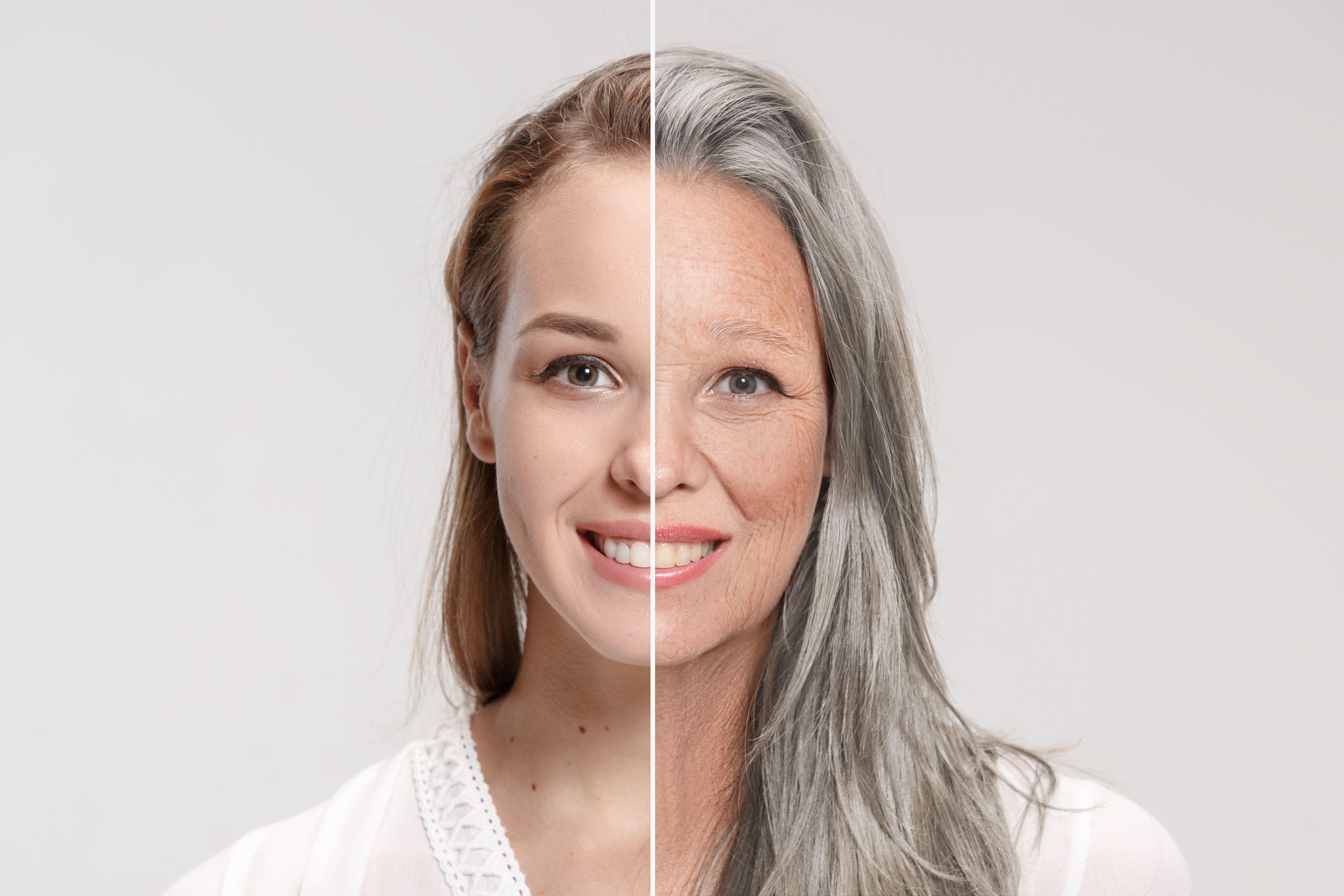Prof Ho Yi Mak
PhD in Molecular Pathology
Associate Dean of Science (Student Recruitment)
Associate Professor, Division of Life Science
Director of Biosciences Central Research Facility
The free-radical theory of aging posits that environmental or endogenous reactive oxygen species (ROS) attack cellular components to cause irreversible damage that leads to functional decline of individual organs and eventually death. Therefore, tight regulation of ROS levels is crucial to slow aging. Hydrogen peroxide is a major ROS species that is generated by peroxisomes, subcellular organelles that are crucial for fatty acid metabolism. To degrade hydrogen peroxide and keep its level in check, the conserved enzyme catalase is imported into peroxisomes by a protein transporter called PEX5. However, it has been reported that the peroxisomal import of catalase becomes less efficient in old tissue-cultured cells, which may contribute to their senescence and death. In this proposal, we seek evidence on age-dependent regulation of catalase import in vivo in the model organism C. elegans. We will also test transgenic strategies that improve catalase import, with the goal of extending the C. elegans lifespan. Finally, we seek additional proteins that share similar age-dependent peroxisomal import deficiency as catalase in the mouse liver. These proteins can serve as biomarkers of aging. Our long-term goal is to identify therapeutic strategies that preserve or enhance the ability of peroxisomes to resist ROS, in order to achieve tissue rejuvenation.
